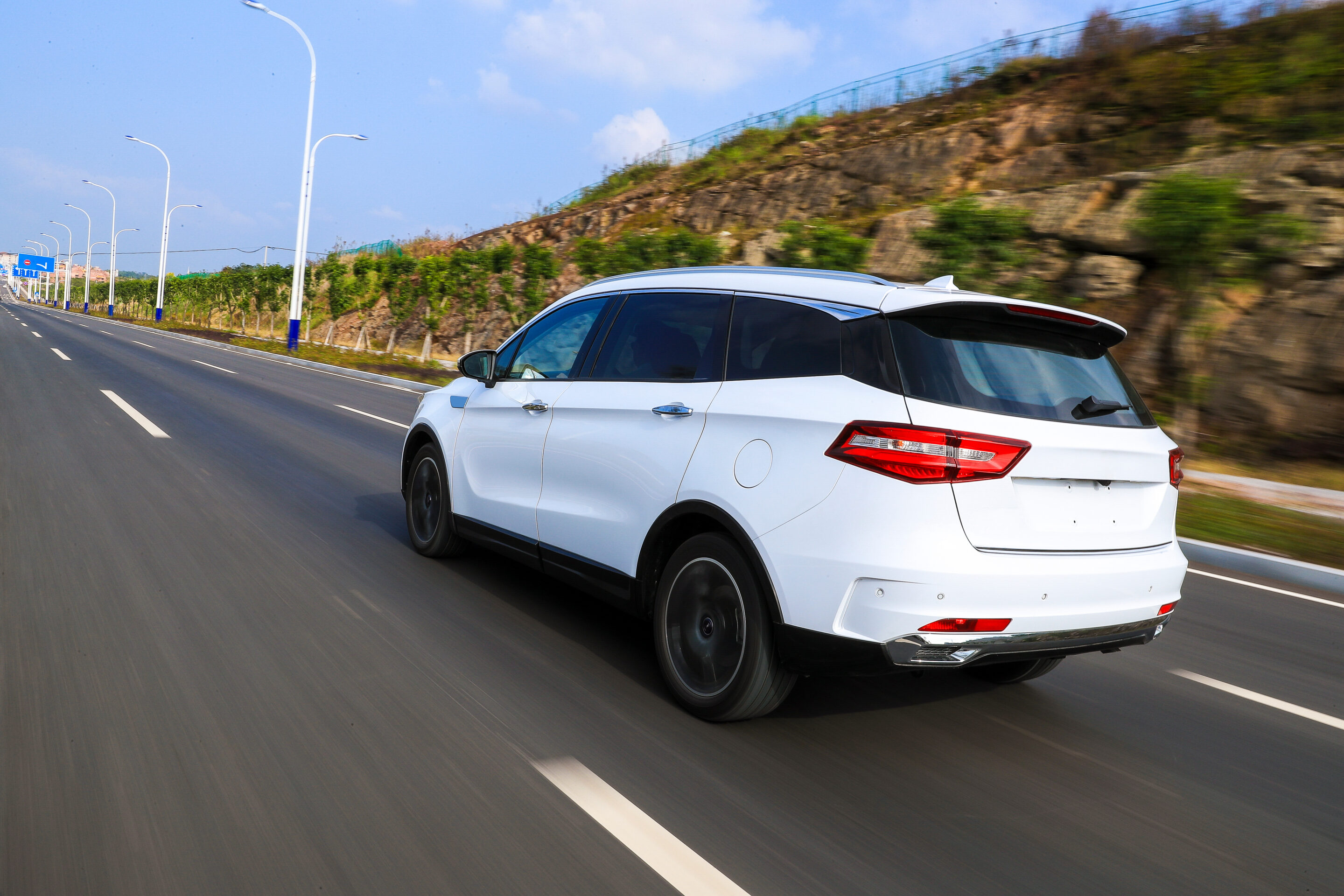As the automotive industry pivots toward electric vehicles (EVs), Canadian dealerships are uniquely positioned to assist small businesses in navigating a lucrative but underutilized government tax incentive.
This program allows eligible businesses to deduct up to 75 percent of an EV’s purchase price as a taxable expense, offering a significant advantage over leasing. By educating small business customers and integrating this incentive into sales strategies, dealerships can strengthen relationships and drive EV adoption.
What Is the Incentive?
The Canadian government’s accelerated Capital Cost Allowance (CCA) program is designed to encourage the adoption of zero-emission vehicles. Under this program, small businesses can deduct a significant portion of an EV’s purchase price, offering substantial tax savings and reducing the financial barrier to vehicle ownership.
Who Can Benefit?
Small business owners across a range of industries are ideal candidates for this incentive. These include:
- Contractors and tradespeople: Reducing taxable income while upgrading their fleets.
- Real estate professionals: Reliable and sustainable transportation to impress clients.
- Delivery and logistics businesses: Lowering operating costs with energy-efficient vehicles.
- Rideshare drivers: Maximizing take-home earnings with reduced taxable income.
Dealerships can tailor their messaging to these groups, emphasizing ownership benefits over traditional leasing arrangements.
Which Vehicles Are Eligible?
The Canadian Revenue Agency (CRA) classifies eligible vehicles under these categories:
Class 54: Passenger EVs and plug-in hybrids priced up to $55,000 (excluding tax), with a minimum 7 kWh battery.
Class 55: Vehicles for short-term rentals, taxicabs, or freight-hauling trucks.
Class 56: Fully electric or hydrogen-powered vehicles that don’t fit in the above categories.
Why Act Now?
The benefits of the accelerated CCA program are time-sensitive:
- 2024–2025: Deduct up to 75 percent of the purchase price.
- 2026–2027: Deduct 55 percent.
- 2028 onward: Standard deduction rates of 30–40 percent apply.
For example, a contractor purchasing a $50,000 EV in 2024 can deduct $37,500 in that tax year. By waiting until 2026, that deduction drops to $27,500.
The time-sensitive nature of this program provides dealerships with a built-in reason to engage small business buyers sooner rather than later.
How Dealerships Can Capitalize on the Opportunity
Dealerships play a crucial role in making customers aware of this incentive. Here’s how:
- Host Educational EV Events
Invite small business owners to exclusive events that showcase eligible EVs. Partner with tax professionals to offer free consultations explaining the benefits of the accelerated CCA. Pro Tip: Make one minute videos on social media you can promote and focus on specific industries, such as delivery or contracting, to create targeted, high-value sessions.
- Create Content That Educates
Develop and distribute guides, infographics, or customer testimonials highlighting real-life savings. Share these assets on your dealership’s website, email campaigns, and social media channels to reach a broader audience.
- Tailor Marketing Campaigns
Leverage programmatic ads and social media campaigns to reach industries that will benefit most. Messaging should focus on cost savings, ownership advantages, and sustainability.
- Incentivize Purchases With Value-Added Offers
Add tangible benefits such as:
- Complimentary EV charging station installation.
- Prepaid charging cards.
- Free maintenance packages for the first three years.
- EV tire discounts for entire vehicle ownership.
- Annual detailing service for the ownership of the vehicle with an estimated value dollar figure.
These perks can help overcome buyer hesitations and build customer loyalty.
Educating small business owners about this program positions dealerships as proactive problem-solvers who understand the unique needs of their local markets. By leveraging this incentive, dealerships can differentiate themselves while boosting EV sales.








